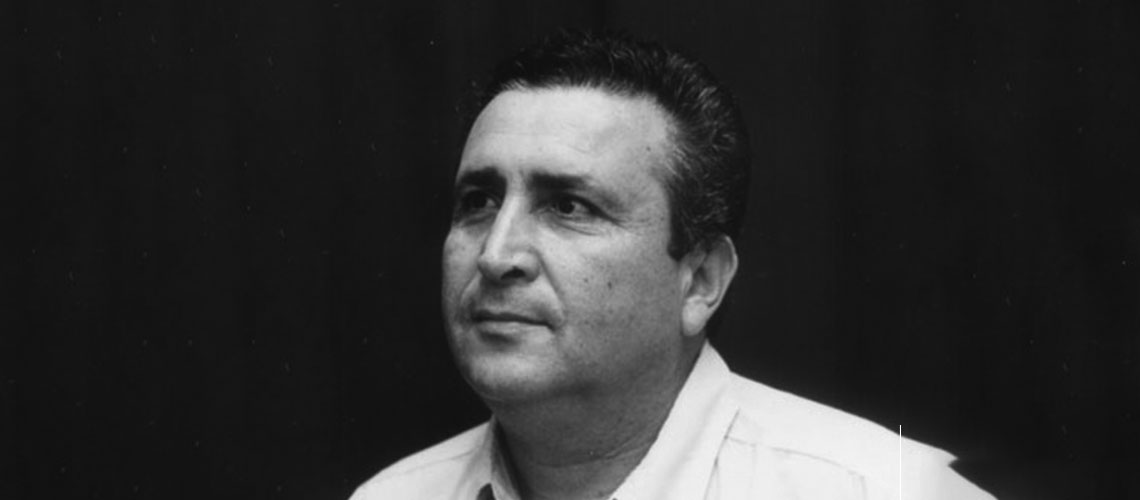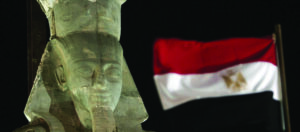Tunisian poet and academic Mohammad Al Ghazi passed away on Thursday, January 19, 2024. The announcement of his death came just a few hours after he shared on his official Facebook page that his new collection of poetry, titled “Mountains Are My Ancestors,” was soon to be released.
Born in 1949, Mohammad Al Ghazi is a Tunisian poet and critic whose poetic writings tend towards Sufism. He works a lot on the poetic image, which is transparent and profound at the same time. He also wrote a number of stories for children. He taught for many years in Tunisian universities, in addition to teaching for years at the University of Nizwa in the Sultanate of Oman.
Among his most important publications are “The Book of Water, The Book of Embers,” “How Much I Have Given, How Little I Have Taken,” “This is So Much That I Have Taken,” “Descendant of Water” (poetry selections), “Like the Night, I Am Illuminated by My Stars,” and “There Is Another Light.” » (Poetry selections).
As for children’s literature, Mohammad Al Ghazi authored numerous works, including: “The Sad Voice of the Reed,” “The Kingdom of Embers,” “Spring Was a Handsome Boy,” “Teach Me to Sing, O Squeak,” “The Drop of Water and the Rose Tree,” “The Child and the Bird,” and “A Night After One Thousand and One Nights.” He also authored “Birthday Candles,” “The Palm Goes South,” “The Story of the Sea,” “The Hedgehog and the Rose,” and “Give Me Your Lamp, Aladdin” He also wrote two plays, namely “The Station” and “Ibn Rushd.”
The works of the poet Mohammad Al Ghazi garnered significant acclaim. Egyptian poet and critic Ahmed Abdel Muti Hijazi expressed his admiration, stating: “Mohammad Al Ghazi speaks with the dialect of a child… His language captures brutal images and deep thoughts that amaze us.”
The late Yemeni poet Abdul Aziz Al Maqaleh offered high praise for Mohammad Al Ghazi’s poetry, noting: “Each line of his poetry carries a deep and intense charge of Sufi connotations and takes the reader into a world that approaches to move away and moves away to get closer… a world that develops from within… in which souls tremble and stand confused and contemplating, praising praises and continuing journeys and combustions.”




